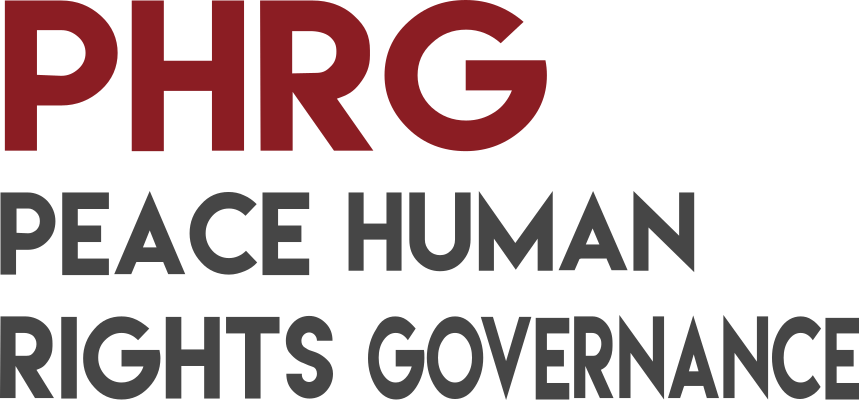Abstract
Exchanging of information de!nes how interest groups access the European Union’s (EU) legislative process. In the exchange process, interest groups, based on their abilities and interests, supply policymakers who are pressed for time and sta" with relevant information for legitimate access to the EU legislative process. However, while we know about the determinants of access to policymakers based on the existing literature, the literature needs to be more active regarding the determinants of access to MEPs for HR NGOs regarding human rights issues, especially in third countries. #erefore, this research applied a qualitative approach to understanding the determinants of HR NGOs’ access to MEPs regarding the human rights situation in Iran. #e research started with the question of what determines the access of HR NGOs to MEPs. #is research shows that the informational needs of MEPs are crucial determinants of access to MEPs. Furthermore, the !ndings of this research indicate that besides the informational needs of MEPs, the tactic that HR NGOs employ to access MEPs is another crucial determinant of access to MEPs regarding the human rights situation in Iran.
Keywords
Download
Baei Lashaki A., Lanzavecchia A. (2022) "Explaining Access Tactics of Human Rights NGOs (HR NGOs) to Members of European Parliament (MEPs): Regarding the Human Rights Situation in Iran
", Peace Human Rights Governance, 6(2), 137-158. DOI: 10.14658/PUPJ-PHRG-2022-2-3
Year of Publication
2022
Journal
Peace Human Rights Governance
Volume
6
Issue Number
2
Start Page
137
Last Page
158
Date Published
12/2022
ISSN Number
2532-3474
Serial Article Number
3
DOI
10.14658/PUPJ-PHRG-2022-2-3
Section
Articles

 © 2026 Padova University Press - Università degli Studi di Padova
© 2026 Padova University Press - Università degli Studi di Padova